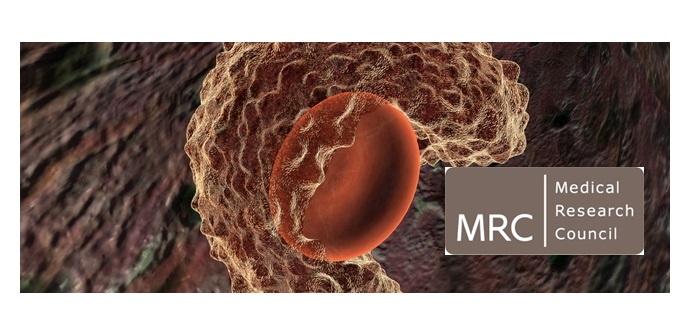The Medical Research Council (MRC) has announced the release of three collaborative grants, totalling £9.5m, for use in research to help combat antimicrobial resistance (AMR).
Taken together, the awards mark one of the biggest investments made since the launch in 2014 of the AMR cross-council initiative, which is backed by MRC, the Biotechnology and Biological Sciences Research Council (BBSRC), the Engineering and Physical Sciences Research Council (EPSRC) and the Economic and Social Research Council (ESRC).
The grants will fund the following three projects:
Exploring nature’s silent pharmacy (£2.2m funding provided).
The University of Bristol’s Dr Andrew Bailey will focus on the importance of fungi as a source of antibiotics in the past, with the very first antibiotic, penicillin, derived from fungi in 1941. His project will use new technologies to revisit old compounds with the hope of discovering potential benefits previously overlooked.
“The latest computing methods allow researchers to sequence the entire genome of a fungus not possible before with traditional drug discovery methods,” said MRC. “This could lead to a wide range of undiscovered natural compounds that, if found to be bioactive, could lead to much-needed new types of antibiotics.”
Accelerating development of infection diagnostics for patient management and reduction of antibiotic misuse (£3.8m).
The University of Leeds’ Professor Christoph Wälti will focus on the “urgent need” to develop rapid diagnostic tools.
“This project will develop a new tool that can be used by doctors to detect the presence of a bacterial or viral infection quickly before antibiotics are prescribed,” said MRC. “The test will also be able to tell which bacterial strain has caused the infection, as different strains require different treatments, and whether the particular type is commonly resistant to antibiotics. This will allow for a much more targeted use of antibiotics, reducing the number of prescriptions and increasing efficacy for patients.”
Optimising innate host defence to combat AMR (£3.5m).
The University of Sheffield’s Professor David Dockrell will focus on how the human body regularly fights bacteria without any problems.
“This is because blood cells circulating in our immune system, called macrophages and neutrophils, fight the first signs of infection in the body by recognising and destroying the bacteria,” said MRC.
“This project seeks to increase our understanding of exactly how these immune cells work so that we can maximise the ability of the cells to not only destroy bacteria but also save healthy tissue. If the researchers can identify what genes within these cells are the most important in killing bacteria, it could lead them to develop medicines that can re-engage and enhance this vital process when they fail.”


